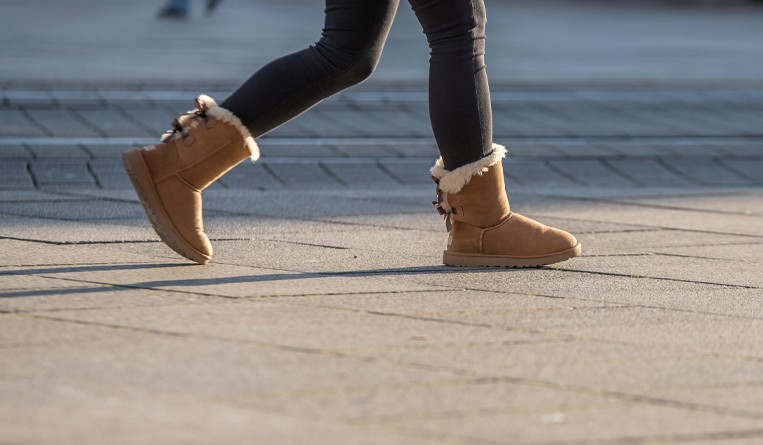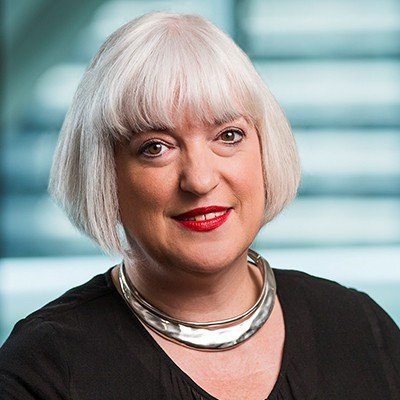Trademark lawsuit forces established Aussie sheepskin boots brand to change name
13 February 2025

From “Ugg Since 1974” to “Since 1974.”
An ongoing trademark lawsuit resulted in a famous Australian boots brand changing its label from Ugg Since 1974 to Since 1974 for its boot products sold outside Australia and New Zealand.
In April 2024, American footwear designer and distributor Deckers Outdoor Corporation sued Ugg Since 1974 over the mark Ugg before the U.S. District Court for the Northern District of Illinois Eastern Division.
The Australian brand is the world’s only provider of custom-made Ugg boots, which are made of sheepskin. As its name suggests, the company has been operating since 1974. It owns the Ugg trademark in Australia, where the word “ugg” is a generic term for boots made of sheepskin, as well as New Zealand.
In a New York Post article, Todd Springthorpe of Ugg Since 1974 said that Ugg boots originated from Australia and New Zealand. Springthorpe is the grandson of Arthur and Faye Springthorpe, founders of Ugg Since 1974. The boots reportedly had their debut in the 1950s when surfers in Australia started wearing them during chilly mornings. The footwear gained popularity over the years and by the 1970s, sheepskin boots could be seen everywhere in Australia.

Marion Heathcote | Principal @ Davies Collison Cave, Sydney
“With a fashion history purportedly dating back to the 1950s, ‘ugg’ boots have become strongly associated with the Australian national identity and is a descriptive term in Australia which local traders have a legitimate reason to use to denote their sheepskin boots,” said Marion Heathcote, a principal at Davies Collison Cave in Sydney.
According to Deckers Outdoor Corporation, the company bought Ugg from an Australian businessman, Brian Smith, in 1995 and has since trademarked Ugg Australia in 130 countries. It added that Ugg is not an accepted generic term for Ugg boots in the U.S., unlike in Australia. Instead, American consumers are familiar with Ugg simply as a brand name.
“That term has been captured within the scope of a foreign holders’ trademark rights and is being used to actively prevent other traders, including from those countries where the term ‘ugg’ is generic, from selling and promoting their goods abroad by reference to that descriptive term including where the term is contained within their own trademarks. While the solution to change a trademark to enable greater market access may not be the most palatable, it is pragmatic,” Heathcote added.
What happened to Ugg Since 1974 is not an isolated case. There have been previous incidents of misappropriation of culturally associated terms into trademarks. According to Heathcote, these terms include those associated with Indigenous and First Nations People or those referred to as the earliest known inhabitants of a place, and they have acutely felt the consequences of such misuse. This is especially true in the fashion industry where individualism and uniqueness are lauded over homogeneity. In the case of Ugg boots, it has become popular as a fashion statement, said Heathcote.
“Previous explanations of appropriation practices have pleaded ignorance of source or sought justification in notions of homage, migration and appreciation. With increasing globalization and technological developments improving access to information, knowledge of diverse cultural practices and associations has exponentially grown. This, together with an increasing consumer ethic favouring authenticity of connection, suggests that going forward the ultimate market advantage may not always be in the legal entitlements accompanying trademark ownership but in the public perception of the legitimacy of the association that the trademark seeks to create,” said Heathcote.
- Espie Angelica A. de Leon






